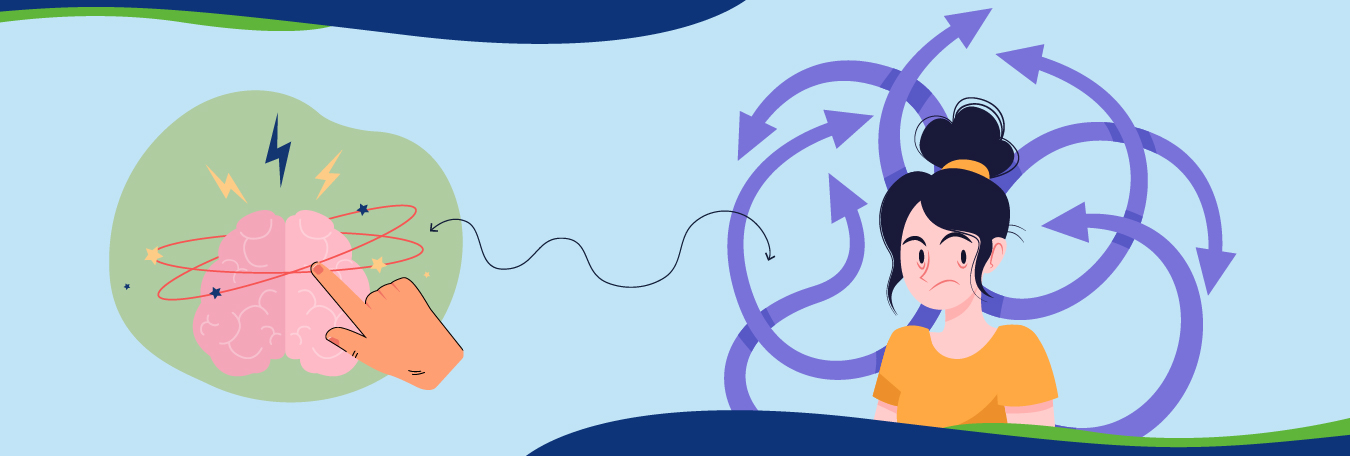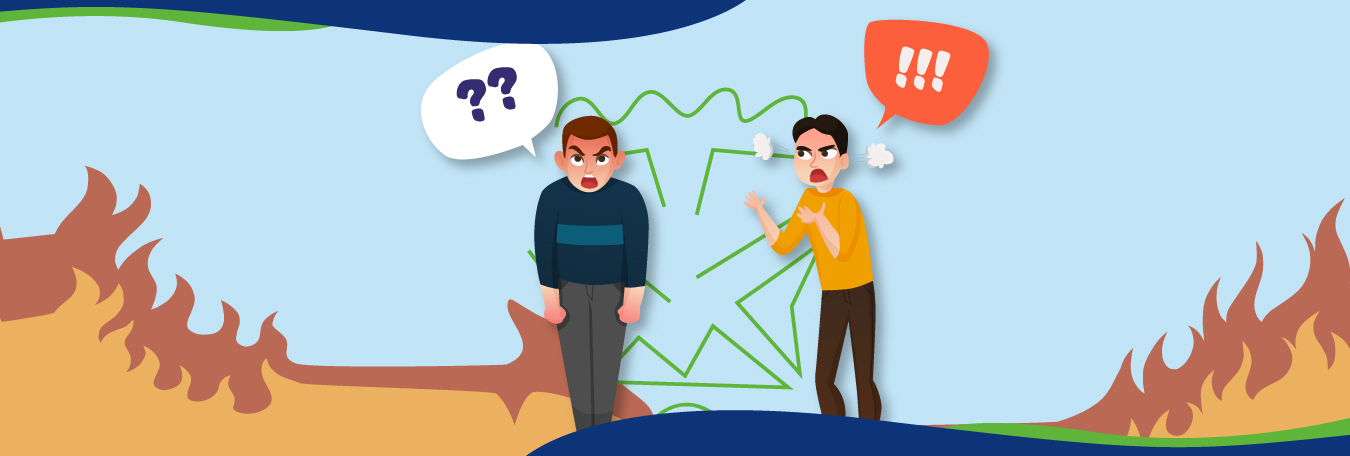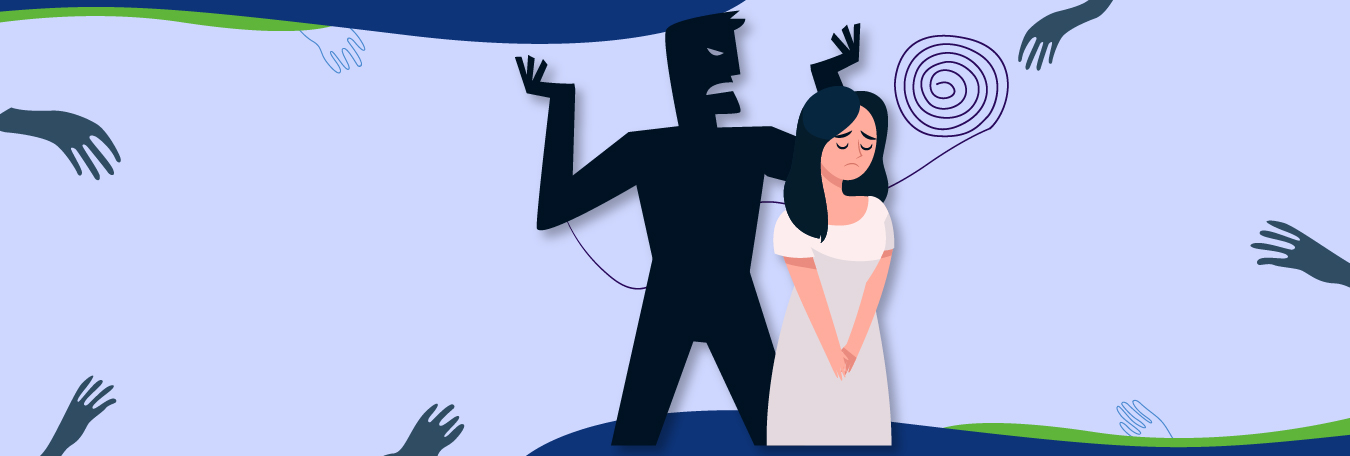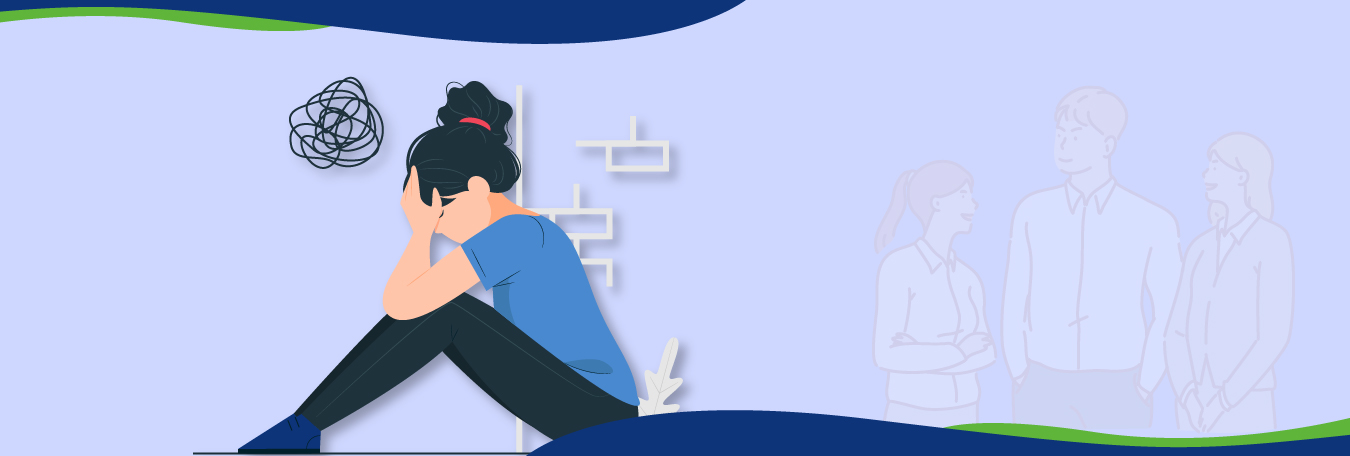Feeling a deep sadness after a hard time is a normal human response. However, what if your sad feelings stay for weeks or months?
This longer-lasting sadness, which comes after a major life event, is called a reactive depression.
Doctors call it an adjustment disorder with depressed mood, but it is famously known as reactive or situational depression.
It is different from feeling sad for a day or some days.
Reactive depression is a real condition that can affect how a person feels, thinks, and acts. It happens when someone has trouble dealing with stressful events, some unpredictable life events. The symptoms usually start within three months of the event and last for months. This makes it different from other kinds of depression, such as melancholic depression, crippling depression, and hyperactive depression, that may not have a clear cause.
Reactive Depression Occurs With Changes In Life Events
Difference Between Chemical And Reactive Depression
It’s becoming a challenge for psychiatrists to differentiate between reactive and chemical depression.
Have you ever encountered or heard depression as a “chemical imbalance?
Yes, you might have. A survey in 2007 found that over 90% of people have heard about it.
This chemical imbalance suggests that depression and other mental disorders are related to an abnormal level of brain chemicals called neurotransmitters.
Depression in reference to this neurotransmitter is often considered as “not enough serotonin”.
Read More: What is Depression ?
This theory has gained prominence with the development of Selective Serotonin Reuptake Inhibitors (SSRIs) in the 1990s, which suggests that when serotonin levels are lower, it becomes the primary cause of depression.
The difference between “reactive” and “chemical” depression is difficult to describe in modern psychiatry. However, the original concept lies in differentiating things that depression stems from external life events, which is “reactive depression,” and depression rooted in chemical imbalance, which is “chemical depression”.
So, in case of reactive depression, chemicals are not the cause of depression; rather, situations are.
What Causes Reactive Depression?
Life is a name of challenges, and there is a ups and downs. Many life challenges start this reactive depression. This is a response to stress from outside events. The events can be hard ones, but sometimes even good events can cause it if a person overthinks.
There are some common triggers.
- The death of a loved one.
- Losing a job or having professional life stress at work.
- A relationship ending in a divorce or breakup.
- A major sickness or injury.
- Financial problems, like struggling with debt.
- Big life changes, such as moving to a new city, retiring, or going to a new school or college.
Often, one stressful event is not the only cause. Sometimes, there are multiple small problems that turn into depression.

Read More: What is Double Depression and the Treatment for Double Depression
This can create a downward spiral that leads to depression. The sadness may make a person pull away from friends and family, which then makes them feel even worse. This shows how difficult feelings can build on each other.
The past is also a contributing factor. Research shows that people who have had past trauma or depressive episodes might become more sensitive to stress.
This means that a small, stressful event that might not affect another person could trigger reactive depression in them.
It shows that a person’s life history can change how they respond to new stress.
Reactive Depression VS Sadness
It is hard to know the difference between reactive depression and other feelings. The major differences are simple to understand with little evidence.
Sadness is a passing event and reduces with the passing of time. This is short-lived but not a health condition. This is a general feeling.
Reactive depression is a specific external event that lasts up to six months after the event. This is tied to a specific event and is often treated as an adjustment order.
The key difference is the cause and how long it lasts. Grief is a natural response to loss, and people in grief can still find moments of happiness. With reactive depression, the low mood is more constant and makes it hard to find enjoyment in anything. If the symptoms of this type of depression do not get better, it can turn into a more serious condition like major depression.
Read More: What is Atypical Depression? Symptoms and Treatment Methods
Treatment And Help
Reactive depression is very treatable. People can get help from psychiatrists and on their own. But it can only be possible when you are aware of the symptoms.
Can Self-Help And Lifestyle Changes Really Help?
Simple daily choices can make a big difference in how a person feels. These are self-care strategies that help manage symptoms.
Exercises
Exercise helps the brain to release chemicals that improve mood. Even a 20-minute walk each day can help.
Social Connection
Talking with friends and family can help a person feel less alone. It controls their intrusive thoughts. Being with people around is important for mental health.
Stick To A Routine
When feeling down, it is easy to get into bad habits like sleeping all day and drinking. A routine with regular sleep, meals, and exercise can bring a feeling of normal life back.
Eat Well
A good diet can boost a person’s energy and mood.
Read More: Will Depression Make You Tired?
When To See A Psychiatrist?
Reactive depression can often get better on its own as a person deals with the changes in their life. However, professional help can speed up the recovery process and make sure the depression doesn’t get worse.
It is important to see a psychiatrist or therapist if symptoms last for more than a week. A professional therapist can help get the right diagnosis and find the right path.
You can search for help at Inland Empire Behavioral Group. Our expert psychiatrists deal with psychiatric services for all kinds of mental disorders. You can visit us or call us for queries related to mental health issues.




